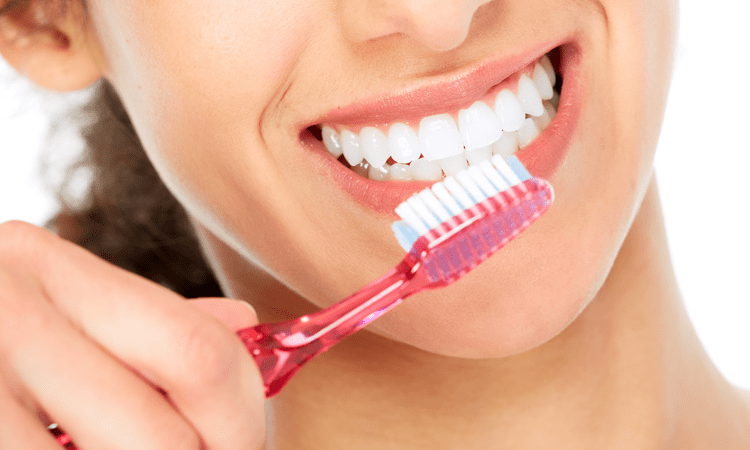A healthy smile isn’t just about looking good—it’s a key part of your overall well-being. Poor oral hygiene can lead to cavities, gum disease, and even more serious health issues like heart disease. The good news? Taking care of your teeth doesn’t have to be complicated. With a few simple daily habits, you can keep your smile strong and healthy for years to come.
Brush the Right Way
Brushing your teeth is the foundation of good oral hygiene, but doing it correctly makes all the difference. Dentists recommend brushing at least twice a day for two minutes each time. Use a medium-bristled toothbrush (instead of soft) and hold it at a 45-degree angle to your gums. Instead of scrubbing back and forth, use circular motions to clean your teeth thoroughly.
While brushing, make sure to gently massage your gums with the brush to stimulate circulation and strengthen them.
Fluoride toothpaste is your best friend when it comes to preventing cavities, so be sure to check the label. You can also use gels or mouth rinses that contain fluoride or calcium, as they integrate into the tooth structure, make it stronger, and help prevent further damage. Don’t forget to replace your toothbrush every three to four months—worn-out bristles don’t clean effectively and can be harsh on your gums.
Don’t Skip the Floss
Flossing is one of the most overlooked steps in oral hygiene, but it’s just as important as brushing. A toothbrush can’t reach the spaces between your teeth, which is where plaque and food particles love to hide.
If you’re not used to flossing daily, start by incorporating it into your nighttime routine. Use about 18 inches of floss, wrap it around your fingers, and gently slide it between each tooth, curving it into a “C” shape along the gumline. If traditional floss feels tricky, try floss picks, interdental brushes, or a water flosser for an easier alternative.
Mouthwash: A Simple Extra Step
Mouthwash can be helpful, but it should only be used when there’s a specific issue—for example, if brushing and flossing are temporarily not possible due to injuries to the gums. It should not replace your regular cleaning routine.
Avoid relying on mouthwash daily unless advised by a dental professional.
Eat for Your Smile
What you eat has a direct impact on your oral health. Calcium-rich foods like milk, cheese, and yogurt help strengthen teeth, while leafy greens provide essential vitamins for healthy gums. Crunchy vegetables like carrots and celery are also great choices—they act as natural toothbrushes, scrubbing away plaque while stimulating saliva production.
Apples are another excellent snack. They help clean teeth naturally and stimulate the gums, earning their reputation as “nature’s toothbrush.”
On the flip side, sugary snacks, sodas, and sticky foods can wreak havoc on your teeth. Sugar fuels the bacteria that cause cavities, and acidic foods can wear down your enamel over time. If you do indulge, try to rinse your mouth with water afterward and brush your teeth when possible.
Regular Check-Ups Are a Must
Even with the best at-home routine, professional dental visits are essential. Seeing your dentist every six months for a cleaning and check-up helps catch potential issues before they become serious problems. Your dentist can remove plaque and tartar buildup that brushing alone can’t handle, and they’ll be able to spot early signs of cavities, gum disease, or other concerns.
If you experience tooth pain, bleeding gums, or persistent bad breath, don’t wait for your next check-up—schedule an appointment as soon as possible. Addressing problems early can save you time, money, and discomfort in the long run.
A Few Final Tips for a Healthy Smile
Small habits can make a big difference in your oral health. Make sure to drink plenty of water throughout the day to keep your mouth hydrated and wash away food particles. If you grind your teeth at night, consider wearing a nightguard to protect your enamel. And of course, stick to your daily brushing and flossing routine—it’s the simplest and most effective way to maintain a beautiful, healthy smile.
Taking care of your teeth isn’t just about preventing cavities; it’s about investing in your overall health. By following these simple steps, you can enjoy a strong, confident smile for life.


